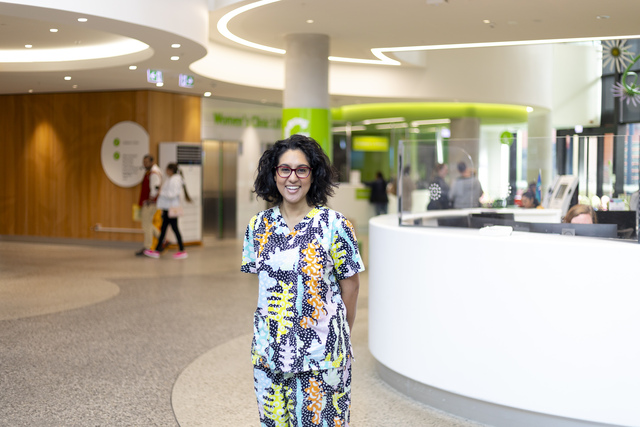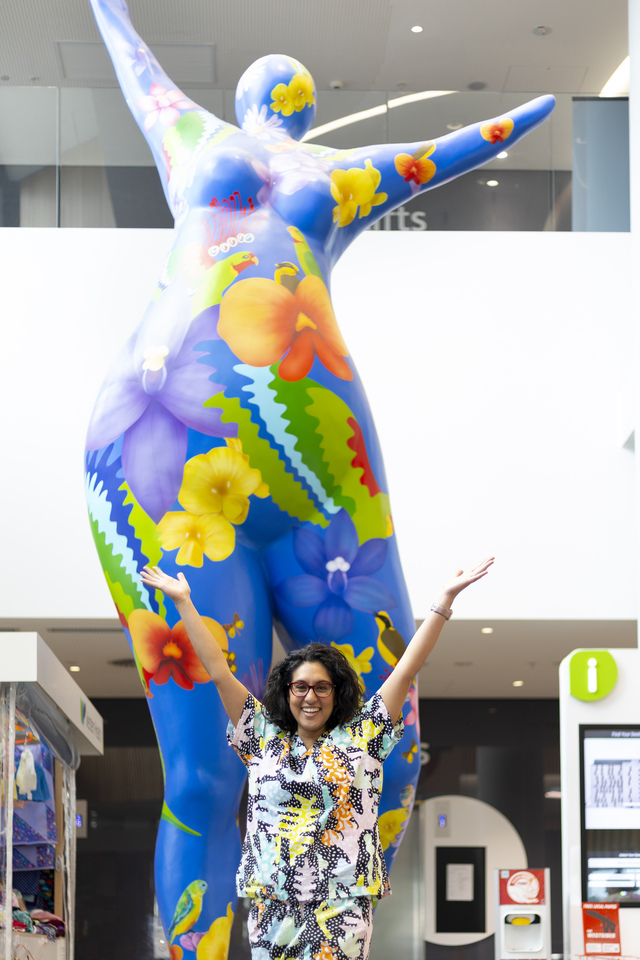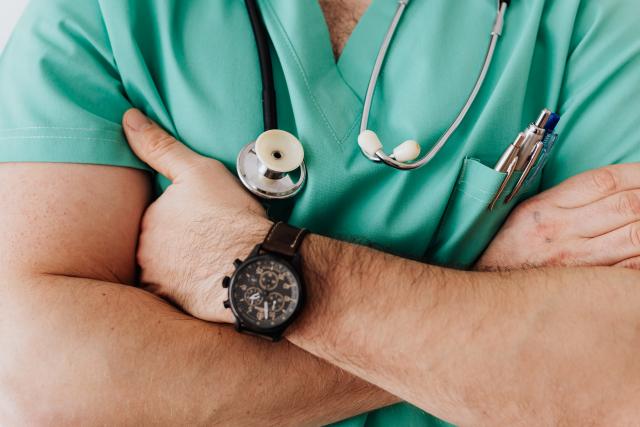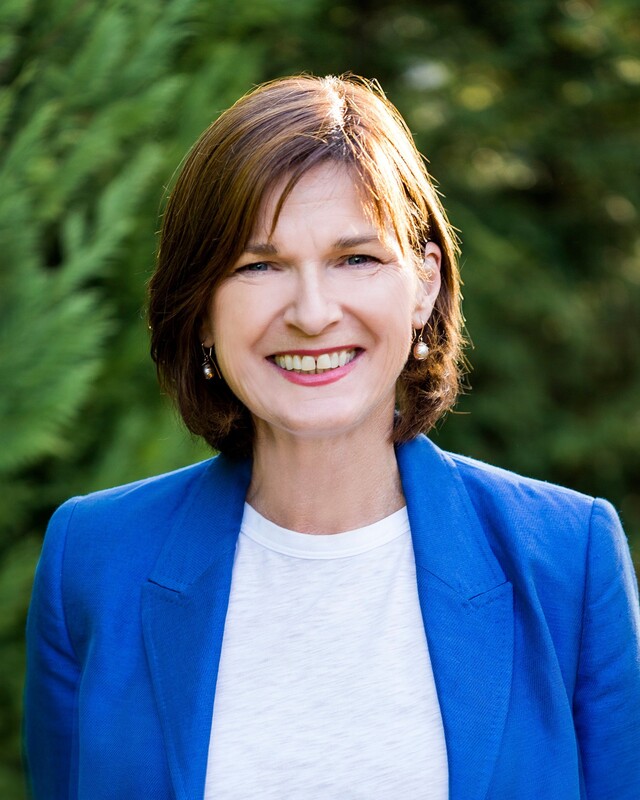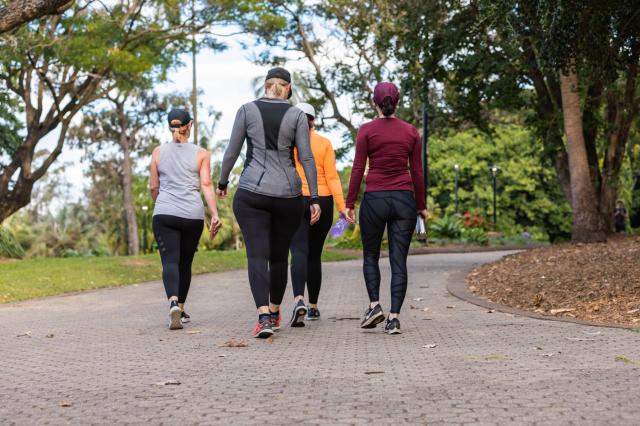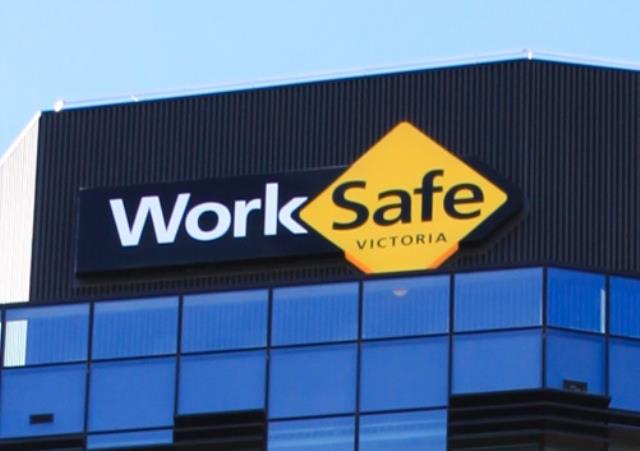As World Menopause Day approaches on October 18, it’s crucial to shed light on the often-misunderstood transition that many women face.
Western Health women’s health specialist Dr Aetka Neel said there are several misconceptions about menopause.
She said that one major misunderstanding is that symptoms can only occur after menopause is officially diagnosed.
In Australia, the average age of menopause is 51, but symptoms can start much earlier – typically five to 10 years prior.
“Menopause is defined as 12 months without a period,” Dr Neel said.
“However, many women experience a range of symptoms long before that.”
Another common myth is the belief that hot flushes are the predominant symptom of menopause.
While about 70 to 80 per cent of women do experience them, Dr Neel emphasised that symptoms like joint pain, sleep disturbances, and mood swings are also prevalent.
“It’s not just about hot flushes and night sweats,” she said.
Additionally, many women mistakenly think a blood test is necessary to diagnose menopause.
“That’s absolutely not true,” Dr Neel said.
“Menopause is diagnosed based on symptoms and the individual’s menstrual cycle history, excluding other conditions.”
She also highlighted the misconceptions surrounding treatment, with some women led to believe that nothing can be done to alleviate symptoms.
“There are various treatments available, including lifestyle changes, complementary therapies, and medications,” she said.
“On the other hand, it’s also false to think there’s a one-size-fits-all solution; each woman’s experience is unique.”
For women currently in their 40s, Dr Neel offered several strategies to help prepare for menopause.
“It’s never too early to start,” she said.
“Lifestyle changes are really important. A healthy diet rich in fruits and vegetables, limiting refined carbs, and regular exercise are essential.”
She emphasised both cardiovascular activities for heart health and weight-bearing exercises to support bone density.
Dr Neel also highlighted the benefits of mindfulness, which has been shown to alleviate various menopausal symptoms.
“Practising mindfulness can help with hot flushes, mood changes, and irritability,” she said.
Educating oneself about menopause is also crucial.
Dr Neel advised women to seek out reliable resources to understand what to expect.
“Studies have shown that women who are informed and view menopause as a positive transition tend to experience fewer symptoms,” she said .
Dr Neel said common topic of discussion is hormone replacement therapy (HRT).
She said many women benefit from HRT, which can be prescribed by GPs or menopause specialists.
“HRT is effective in managing hot flushes, night sweats, and even mood symptoms,” she said.
She emphasised the importance of understanding the risks associated with HRT, particularly in light of past studies that raised concerns about breast cancer.
“Those studies were flawed, focusing on older women.“
“We now know that if women start HRT around the time of menopause and are under 60, the absolute risk is low, especially when used for less than five years.”
Dr Neel also detailed how HRT is administered, explaining that women with a uterus need both estrogen and progesterone, while those without a uterus can take estrogen alone.
“There are various methods of delivery, with transdermal options often being safer,” she added.
It’s estimated that about 20 per cent of women undergoing menopause opt for hormone therapy.
Mental health is another critical aspect of the menopause experience.
Dr Neel noted that mood swings and emotional changes are common during this transition.
“Psychotherapy, counselling, and talk therapy can be incredibly beneficial,” she said.
“There’s still a stigma around seeking help, but these therapies are effective.”
For women juggling family responsibilities and feeling isolated during menopause, Dr Neel’s advice is simple: talk about it.
“Eighty per cent of women experience symptoms during menopause, so discussing it with friends or other women can help reduce feelings of isolation,” she said.
She also noted the rise of online menopause support groups, which provide a platform for women to share their experiences and seek advice.
“It’s crucial that we normalise conversations around menopause,” Dr Neel said.
“With approximately half the population being female, it’s a shared experience that we need to discuss more openly.”

